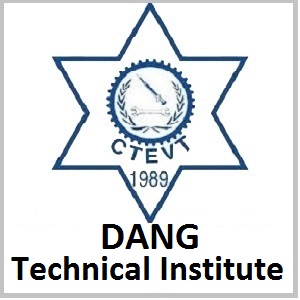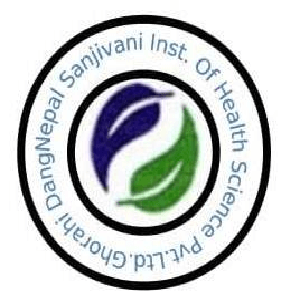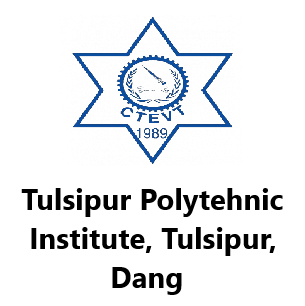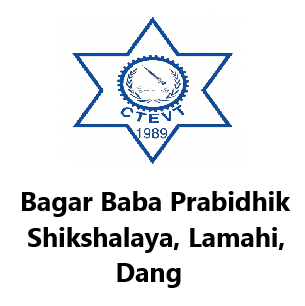Overview
Certificate in Medical Laboratory Technology (CMLT) at SKIPI, Ghorahi-17, Dang
If you’re a science learner who likes careful lab work and accurate reporting, the CMLT at SKIPI, Dang under CTEVT prepares you for essential roles in hospital and public health laboratories across Nepal.
Many students ask, “Will I practice real tests?” The answer is yes—hands-on sessions and clinical postings are integral.
Overview
The Certificate in Medical Laboratory Technology (CMLT) is a three-year program at Shahid Krishnasen Ichchhuk Polytechnic Institute (SKIPI).
The course builds competence in specimen collection, analysis, quality checks, and biosafety so graduates can support clinicians with reliable lab data.
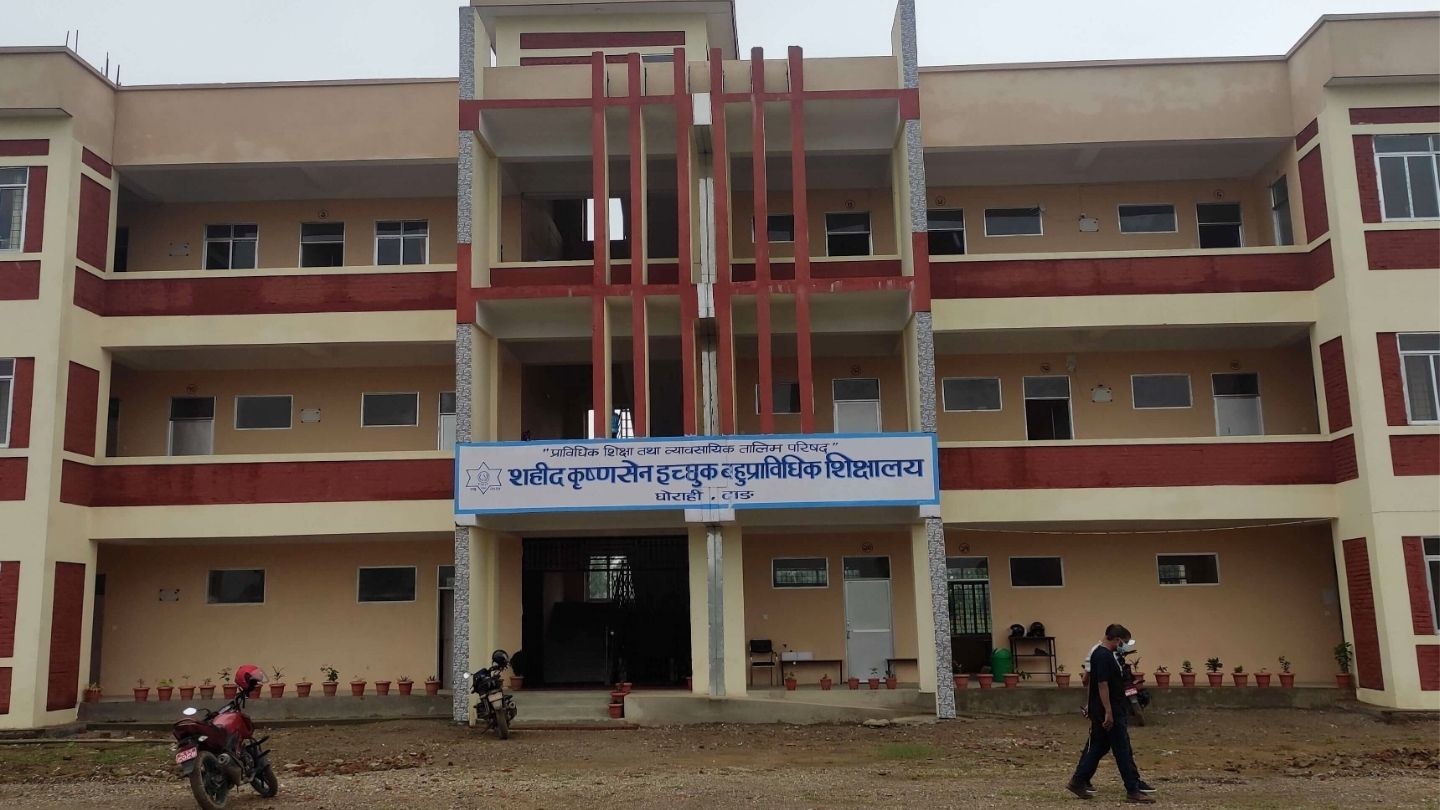
Highlights
-
Duration: three years; CTEVT internal and final assessments.
-
Core areas: hematology, clinical biochemistry, microbiology, parasitology, immunology, blood banking basics.
-
Safety focus: biosafety cabinets, waste segregation, spill management, PPE use.
-
Seat capacity: 30.
Curriculum Details
Here’s what you’ll study over three years.
-
Basic Sciences: anatomy and physiology overview for lab practice, biochemistry, biostatistics.
-
Hematology: CBC, ESR, peripheral smear, blood grouping and cross-matching basics.
-
Biochemistry: glucose, urea/creatinine, liver function tests, lipid profile, electrolytes, internal QC charts.
-
Microbiology: culture and sensitivity, gram stain, sterilization, media preparation, antibiotic disc methods.
-
Parasitology and Urinalysis: stool examination, urine routine and microscopy, common parasites in Nepal.
-
Immunology/Serology: common rapid tests and ELISA orientation where available.
-
Clinical Posting: supervised rotations in hospital labs with logbook and viva.
Objectives
-
Produce laboratory technicians who perform routine tests safely and report results clearly.
-
Promote calibration, internal quality control, and participation in external quality programs where offered.
-
Strengthen documentation for traceability and audits.
Scope
Graduates serve hospital labs, private diagnostic centers, and public health programs. Practice and registration follow NHPC regulations for laboratory professionals.
Learning Outcomes
Students learn to:
-
Collect, label, and process specimens correctly.
-
Run routine tests, validate results, and document controls.
-
Maintain instruments, reagents, inventory, and temperature logs.
-
Communicate critical values to clinical teams as per protocol.
Skill Development Modules
-
Phlebotomy and biosafety drills.
-
Smear preparation and microscopy proficiency.
-
Culture techniques and antibiogram basics.
-
QC charting (Levey–Jennings) and corrective actions.
Teaching Methodology
SKIPI integrates lectures with wet-lab practice, demonstrations, case discussions, and hospital postings. Emphasis stays on accuracy, biosafety, and record keeping.
Admission Requirements
-
CTEVT eligibility and entrance for PCL programs.
-
Selection by merit with reservation categories.
-
Submission of required documents at enrollment.
Not sure about math in labs? Regular practice with unit conversions and reference ranges helps during postings.
Career Opportunities
-
Medical Laboratory Technician in hospitals and diagnostics.
-
Support roles in blood banks and public health surveillance units.
-
Bridges to higher study in medical laboratory science after meeting university criteria.
Scholarships and Financial Aid
Scholarship and reservation seats follow CTEVT rules and SKIPI’s sanctioned intake.
Why Choose This Course?
Students gain reliable testing skills that directly influence patient care. The program culture values accuracy, biosafety, and timely reporting.
Conclusion
The CMLT at SKIPI provides a steady path into clinical laboratory services with strong practical exposure and nationally recognized assessment. Track official notices for the current admission cycle.


